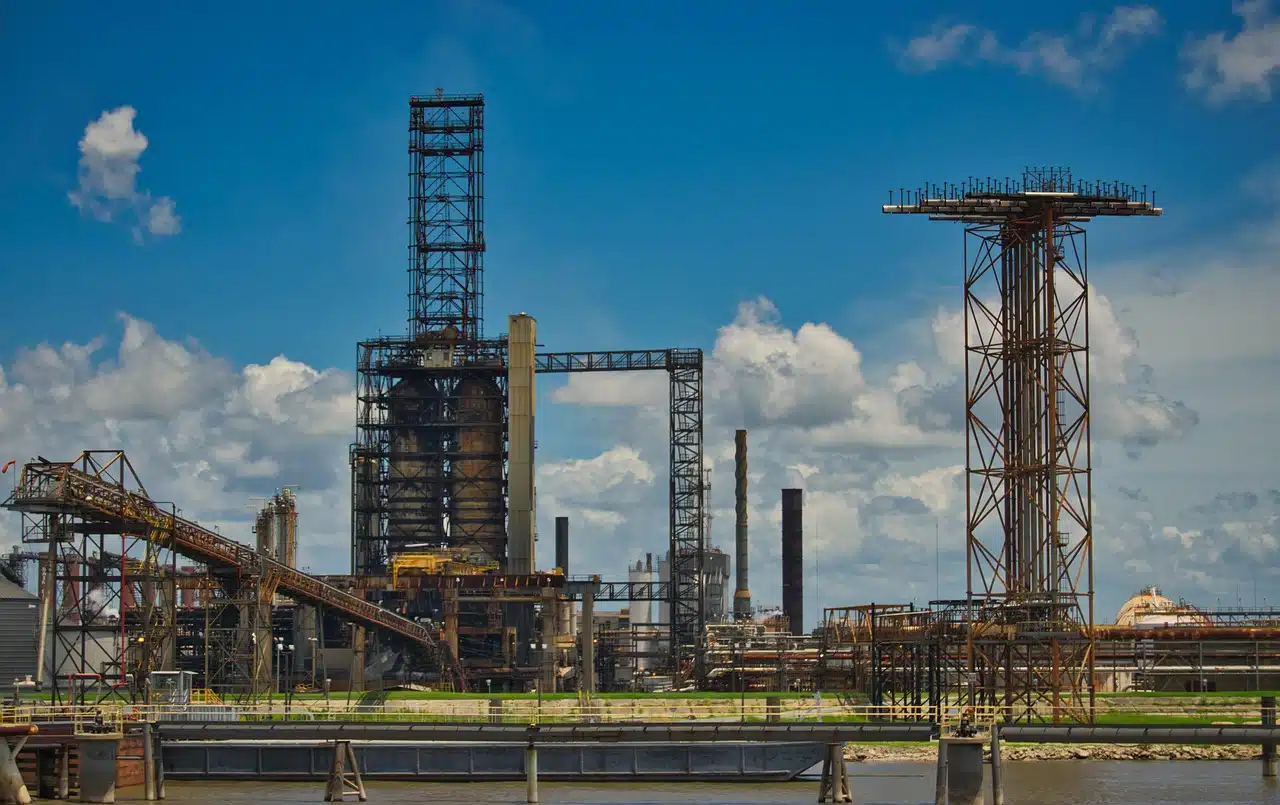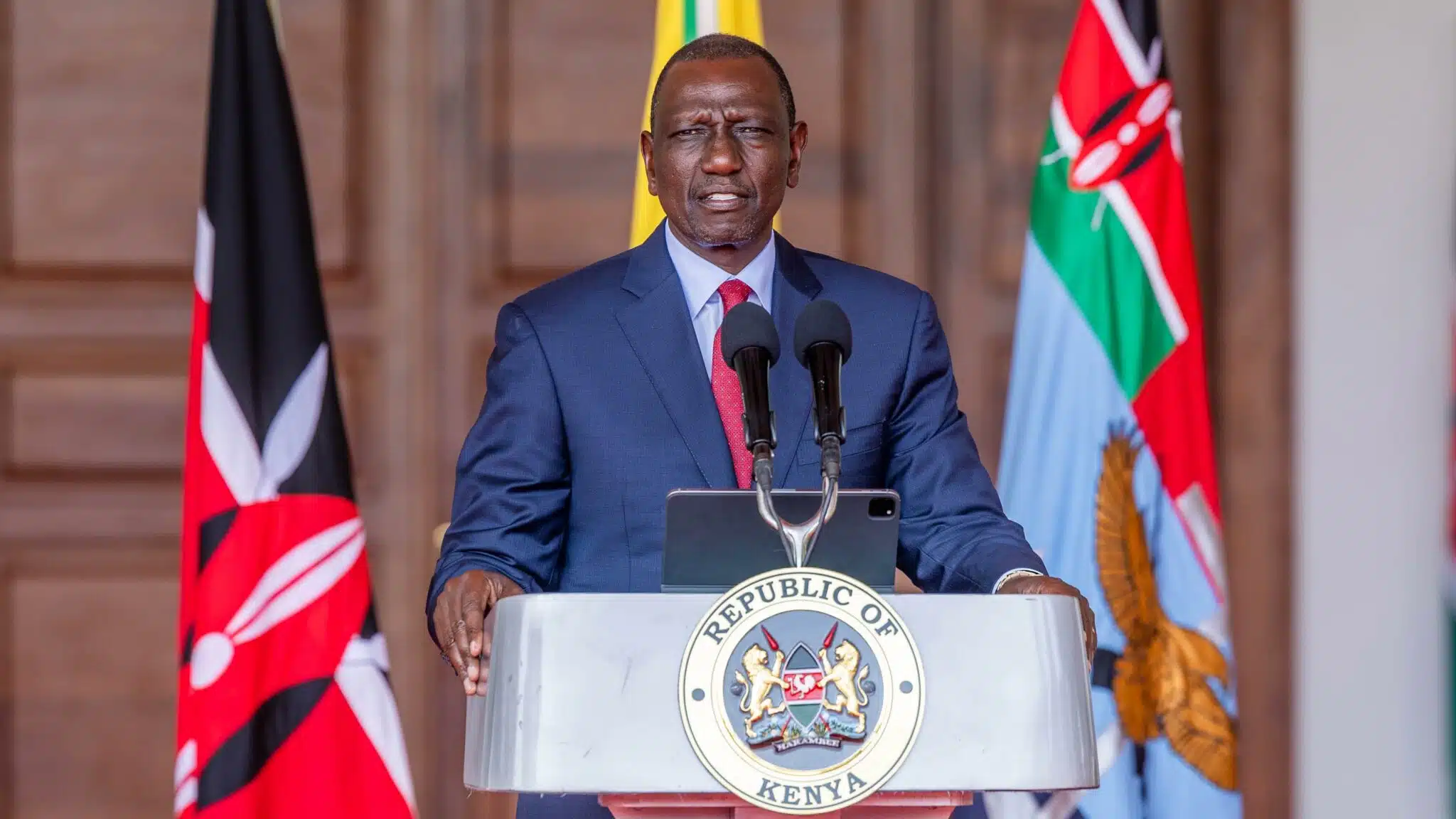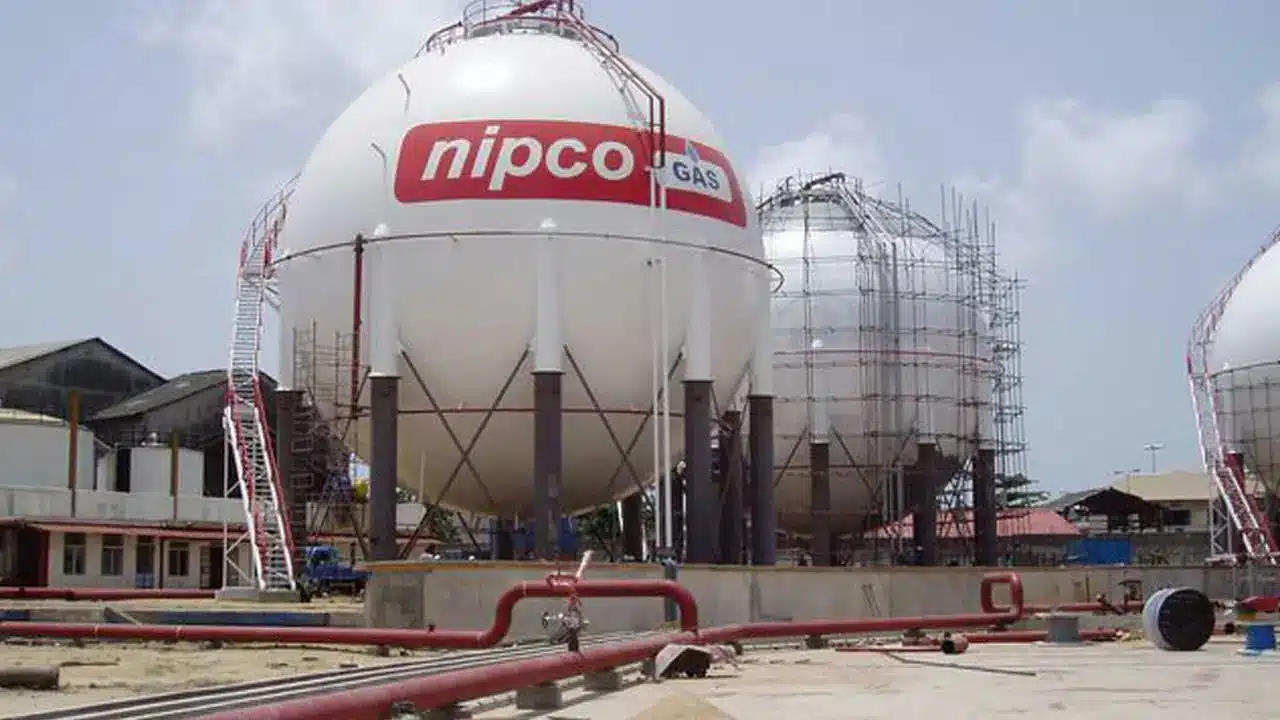In recent years, Nigeria’s petroleum industry has undergone transformative changes across multiple fronts.
The sector is now attracting levels of foreign direct investment (FDI) not seen in years, driven by renewed investor confidence and structural reforms.
A notable trend has been the departure of major international oil companies from Nigeria’s onshore and shallow water assets.
These companies have shifted focus to deep offshore opportunities, citing security concerns, regulatory challenges, and the lure of higher-margin prospects.
Their divestment from onshore blocks has created room for indigenous oil firms to step in.
Nigerian operators have seized the opportunity to acquire and farm into these mature assets, even though some face declining production levels.
Nevertheless, these formerly local players have leveraged their acquisitions to drive substantial growth—both operationally and financially.
Many have recorded historic performance figures, using these gains to fuel ambitions beyond Nigeria’s borders.
Two standout examples are Oando PLC and Walcot Group which have recently expanded into Angola’s onshore Kwanza Basin, marking a significant milestone in their international growth strategies.
The Kwanza Basin, alongside the Lower Congo Basin, is one of Angola’s two key onshore oil-producing regions.
Situated along the central coast, the Kwanza Basin spans approximately 25,000 square kilometres and contains 23 oil blocks, most of which remain underdeveloped.
Oando’s strategic entry
In January 2025, Oando Energy Resources (OER), the upstream subsidiary of Oando PLC—one of Nigeria’s leading integrated energy companies—was awarded the operatorship of Block KON 13, strategically located in the prolific Kwanza Onshore Basin
This follows a competitive bidding process organized by Angola’s National Agency for Petroleum, Gas, and Biofuels (ANPG).
The block, with two wells previously drilled to a depth of 3,000m, holds significant exploration potential in both pre-salt and post-salt plays. It has estimated prospective resources of 770 to 1,100 million barrels of oil.
With a 45% operating interest, Oando will lead the development of the block, known for its significant exploration potential in both pre-salt and post-salt plays, alongside Effimax (30%) and Sonangol (15%) as co-venturers.
This milestone marked Oando’s strategic entry into the Angolan oil and gas market, representing a significant step in its long-term vision to grow its upstream operations across Africa.
The Angolan transaction follows Oando’s recent successful acquisition of Agip’s assets in Nigeria.
The strong financial status of the firm after acquiring the Agip assets was among key deciding factors in its choice for an award to rehabilitate the Guaracara in Trinidad and Tobago.
Oando also has an upstream interest in Sao Tome and Principe.
Industry analysts claim the company’s extensive asset portfolio and innovation keep boosting Oando’s position as a prominent player in Africa’s energy landscape.
Walcot Group’s investment
In April 2025, Nigerian conglomerate Walcot Group signed a production sharing contract with ANPG for three onshore oil blocks in the same Kwanza Basin.
This included a 10% non-operating interest in Block KON 13 operated by Oando PLC, a partnership that binds two Nigerian companies in Angola’s oil sector.
Additionally, Walcot went ahead to secure full operatorship of Blocks CON 3 and CON 7 in Angola’s Lower Congo Basin.
These blocks hold a combined prospective resource base of over 2 billion barrels of oil.
Christopher Ezea, Founder and President of Walcot Group, pointed out the significance of this expansion, stating that the company is committed to unlocking Africa’s energy potential using sustainable and technologically sound practices.
Implications for Angola’s oil sector
The involvement of Nigerian firms in Angola’s onshore oil exploration signifies a strengthening of intra-African energy partnerships.
Since leaving OPEC in 2024, Angola has been aggressively pushing to increase its oil production by attracting significant local and foreign investors.
The African second-largest oil producer targets a daily production of 1.1 million barrels through 2027, with a long-term objective of doubling output.
The extensive Kwanza onshore basin, with over 20 blocks, has a history of successful oil production.
Following a series of status clarification exercises over the years, the Angolan government aims to revive this historically significant basin through local and international investment.
The strategic moves by Oando and Walcot not only bolster their respective upstream portfolios but also contribute to Angola’s efforts to enhance its oil production capabilities and energy security.
Drilling them is considered less capital-intensive compared to offshore fields.
Overall, the entry of the Nigerian companies into the Kwanza Basin marks a strategic expansion that spells good for all parties involved.
It also indicates a new era of African energy cooperation—where Nigerian firms, once limited to domestic operations, are now playing a growing role in shaping regional energy security.











